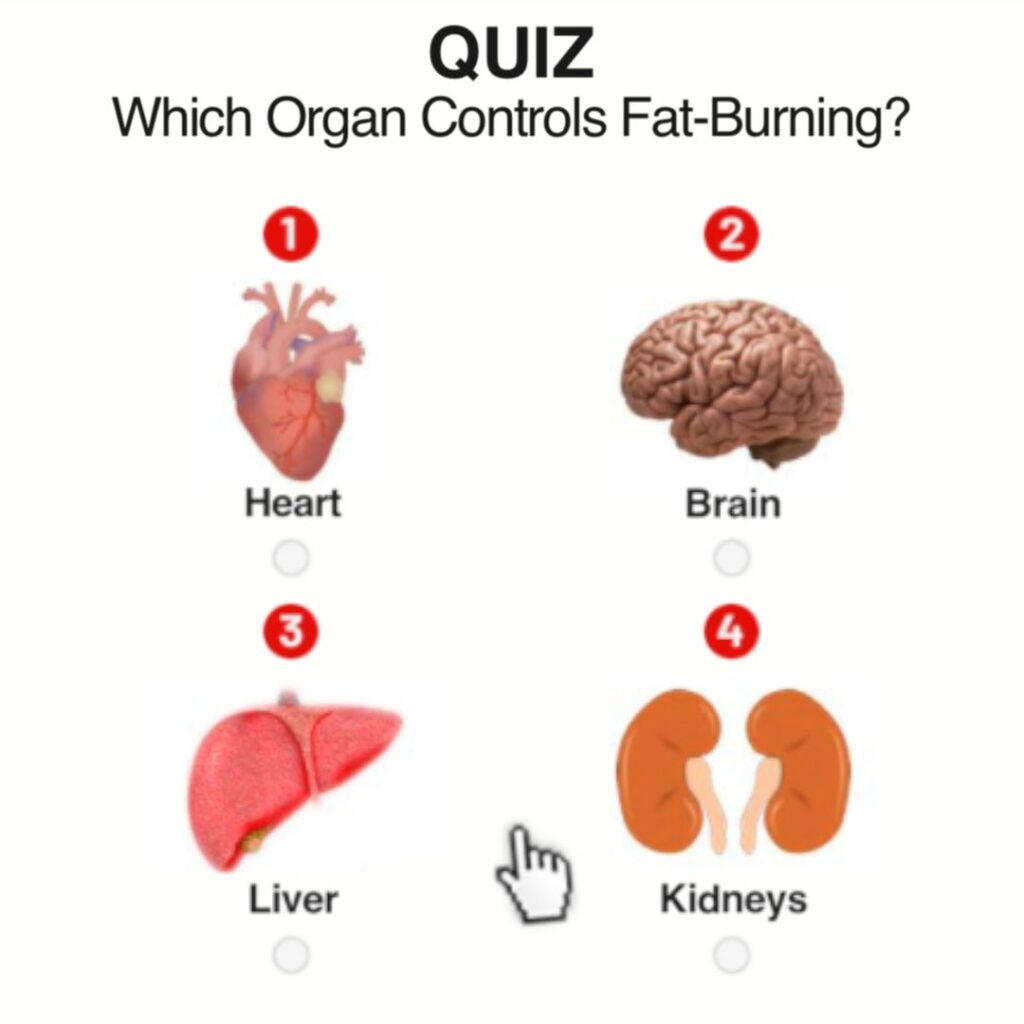As a diabetic, how do you currently consume your daily meals? Are you a ‘cup of coffee and slice of toast’ person or do you eat a hearty breakfast – ham, eggs, hot cakes and etc.?
Well it turns out that having a healthy meal in the mornings and a light dinner in the evenings is an ideal meal schedule to follow in-order to have good blood glucose control.
If you are someone who exercises in the mornings, like I do, you can’t help but eat a healthy breakfast since your body is starving for nourishment. My schedule these days consist of forty-five minutes to an hour of exercise then a healthy shake followed by a small meal . . . about an hour later. This gives me energy to go all day until I have a normal dinner in the evenings.
The following article explains further the relationship between a good eating plan and blood sugar control.
To manage diabetes, eat breakfast like an athlete, dinner like a sloth, study suggests
Type 2 diabetes patients should eat a high-energy breakfast and a low-energy dinner for optimal control over their blood sugar, according to researchers hailing from Sweden and Israel who conducted a small-scale study.
Participants ranged in age from 30 to 70 years and they had a Body Mass Index (BMI) range of between 22 and 35.
Ten of the 18 participants were being treated with a combination of diet advice and the drug metformin and the remaining eight were being treated with diet advice alone.
Patients were selected at random to follow one of two diets, referred to as the B diet or the D diet.
Following the B diet during the weeklong intervention involved eating a 2946 kilojoule (kj) breakfast, a 2523 kj lunch and a dinner containing just 858 kj.
Those on the D diet at an 858 kj breakfast, the same lunch and a dinner worth 2946 kj.
Offerings in the larger meal included milk, tuna, granola bars, scrambled eggs, yoghurt and cereal and the smaller meal contained sliced turkey breast, mozzarella, salad and coffee.
All participants had their breakfast at 8:00AM, lunch at 1:00PM and dinner at 7:00PM.
“A person’s meal timing schedule may be a crucial factor in the improvement of glucose balance and prevention of complications in type 2 diabetes and lends further support to the role of the circadian system in metabolic regulation,” says Professor Oren Froy of Hebrew University of Jerusalem.
On the seventh day, the sampling day, the research team drew blood samples before breakfast and at intervals of 15, 30, 60, 90, 120, 150 and 180 minutes after participants had begun to nosh.
After two weeks, the patients swapped diet plans and the researchers re-tested their blood.
After eating, glucose levels were a comfortable 20 percent lower while levels of insulin, C-peptide and glucagon-like-peptide 1 hormone (GLP-1) were 20 percent higher in participants who followed the B diet when compared to their counterparts on the D diet.
“These observations suggest that a change in meal timing influences the overall daily rhythm of post-meal insulin and incretin [C-peptide] and results in a substantial reduction in the daily post-meal glucose levels,” says Professor Froy.
You can view the original post here.
P.S. I find that exercising in the mornings help me have better control of my weight, than doing so in the evenings. I like to go to bed early and wake early mornings; and usually have my first meal between 10 am and 11 am. When I exercise in the evenings it takes longer to fall asleep because my body and mind is still buzzing from the activity.






